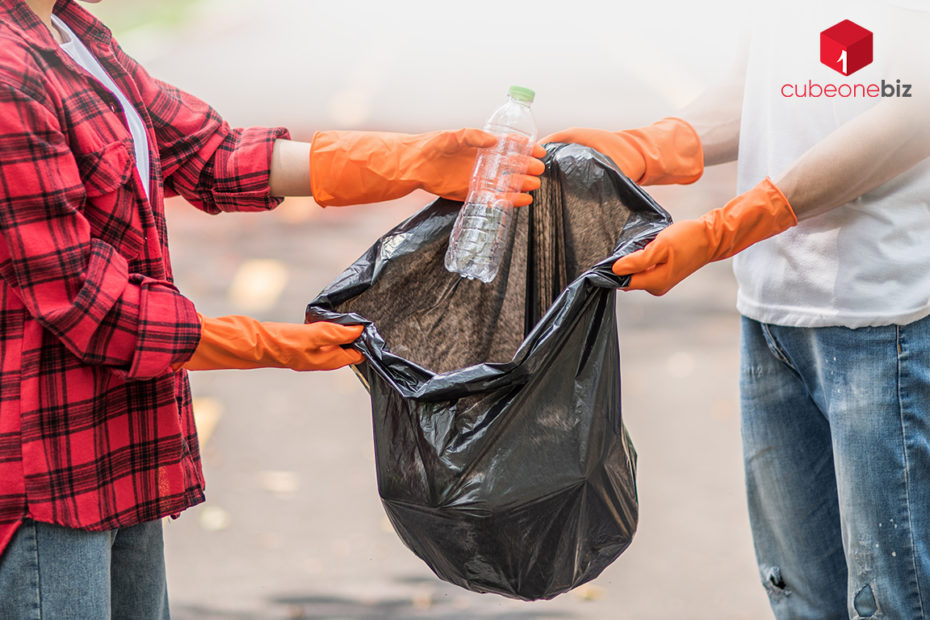Ever since the COVID-19 outbreak began in early 2020, housing societies have had to adopt new measures to limit the spread of the virus and keep their residents safe. Two of the areas where such measures are very important are waste management and staff protection. Unfortunately, there’s not much emphasis placed on these points in many housing societies. In fact, some may not have even considered that special measures need to be taken to deal with waste and staff in COVID times. Here, we have compiled some data about these 2 factors in COVID times.
Society staff- Most housing societies have multiple cleaners, watchmen and some admin staff working regularly to maintain the building and society operations. The government and the WHO have provided guidelines for how these individuals act during the pandemic. The most important thing is always social distance. Minimising contact with residents and other staff members is the best way to prevent COVID.
Cleaners are always expected to wear PPE in the form of masks, thick gloves and clothing that covers most (if not all) of their skin. This is necessary as the virus may remain dormant on certain surfaces and hence can spread during the cleaning process itself.
Watchmen have similar requirements with PPE, especially because they might have to occasionally take packages directly to residents’ doorsteps in medical emergencies.
Finally, any admin staff should be advised to work from home by shifting their society management systems online. This is a simple and inexpensive way to ensure that society continues to operate while adding no risk of infection.
Personal staff- Here, we include maids, personal nurses and on-call service staff. Such staff are generally at a greater risk of receiving and spreading COVID, as they may work at multiple locations and have direct contact with residents and their surroundings.
Society must be informed about any maids working at a residence and must take an RT-PCR test to ensure the safety of society residents. Furthermore, it is advised that such domestic help should work in only one household so as to prevent cross-contamination from other at-risk societies. Naturally, standard social distancing and PPE requirements apply to these individuals within society premises.
Nurses or other dedicated medical staff that might have been kept to help a resident must be registered with the society. This is because the housing society is responsible to keep records of any and all individuals who live or work there in case of a COVID outbreak. Such staff’s living situations (at the residence or outside) must also be recorded. The most medical staff of this kind will already be well-versed with COVID prevention steps and will assist their ward during whatever required duration.
Needless to say, recreational on-call services are not permitted in pandemic times. These include salon services, massages, or even just calling friends over is inherently risky in the current scenario.
Waste management- Household waste can be a highly damaging way to spread the Coronavirus unless steps are taken to dispose of it safely. We already know that the virus can remain dormant on certain surfaces. Therefore, if thrown carelessly away, it can act as a vector for COVID. To prevent this, residents are encouraged to sort their dry and wet waste and place them in sealed garbage bags. Furthermore, if residing in an at-risk housing society, marking the bags with red tape or pen for easy identification. Minimising any direct contact between the collection crew and the waste is the priority in this process.
How your housing societies are handling these issues. Do share with us in the comment below and contribute towards increasing the awareness towards these.
